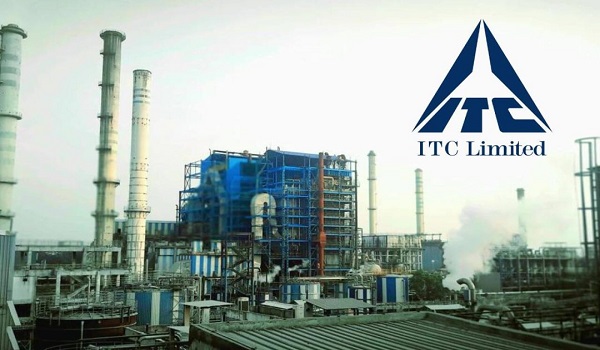ITC has announced plans to significantly scale up its agricultural initiatives, targeting an increase in Farmer Producer Organizations (FPOs) to 4,000 over the next four to five years. This expansion aims to directly connect with one crore (10 million) farmers and further enhance agricultural productivity and sustainability.
The company’s Agri Business Division CEO, S. Ganesh Kumar, outlined the vision to deepen ITC’s presence across states like Madhya Pradesh, Rajasthan, Haryana, Punjab, and Bihar, where it is already engaged in cultivating 20 crops through its FPO network.
Scaling MAARS for Farmer Empowerment
A key element of ITC’s strategy is the expansion of its MAARS (Metamarket for Advanced Agriculture Rural Services) platform. This “phygital” initiative integrates physical and digital services to support farmers with weather forecasts, mandi price updates, seed and fertilizer supplies, soil testing services, and access to credit.
Through MAARS, ITC is utilizing cutting-edge technology, such as artificial intelligence (AI), AgTech solutions, and e-marketplaces, to enhance agricultural practices. The platform also helps farmers adopt climate-smart practices, including soil rejuvenation, water conservation, and crop rotation.
“We aim to provide farmers with localized and predictive solutions that improve productivity and economic outcomes,” Ganesh said.
Expanding Agri Sourcing Beyond Staples
While ITC’s traditional focus has been on crops like wheat, paddy, maize, and soy, the company is diversifying into fruits and vegetables such as mangoes, green peas, and leafy greens. This cluster-based sourcing approach aims to address evolving consumer demands while providing farmers with opportunities to expand their crop portfolios.
Ganesh highlighted that ITC’s longstanding relationships with agricultural institutes have enabled the introduction of high-quality seeds and resilient crop varieties to local farmers, further enhancing yields and profitability.
Building on ITC’s Agri Legacy
ITC has been a pioneer in engaging with farmers directly through initiatives like the e-Choupal network, which laid the foundation for its present-day operations. Over 1,600 FPOs currently collaborate with ITC, covering approximately 1.7 million farmers. The company’s revenue from its Agri Business division reached ₹16,124 crore in FY24, accounting for nearly 20% of total revenue.
Ganesh emphasized the “win-win” nature of ITC’s efforts, citing the success of brands like Aashirvaad, which sources wheat directly from farmers. Similar demand-driven value chains now support ITC’s other brands, including Bingo, Sunfeast, and B Natural.
Data-Driven Agricultural Future
As ITC collects hyper-local data through satellite imagery and AI-driven analytics, it aims to provide even sharper insights into soil conditions, pest control, and weather impacts. The predictive capabilities of this data will allow ITC to offer highly localized recommendations, further empowering farmers to optimize yields.
“Our ambition is to strengthen farmers’ economic activities by integrating technology and science, fostering better productivity, and ensuring sustainable growth,” Ganesh concluded.
This initiative, part of ITC’s NextGen Agri Vision, is expected to create transformative changes in India’s agricultural landscape, positioning the company as a leader in farmer-centric innovations.


